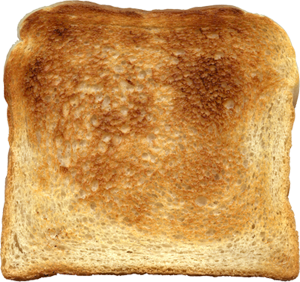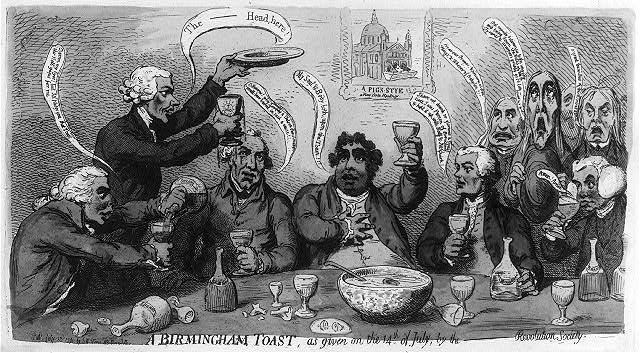English-speaking expats often benefit from a vast array of professional services and leisure activities catering to their needs: From English-speaking counselling services to English amateur choirs or theatre groups, there is a lot on offer. As for most leisure activities which do not require particularly high language skills, there is an irrefutable argument for simply attending your local club and immersing yourself in the local language and culture.
However, there are a couple of things that are best done in your native language: Most expats will struggle to attend a creative writing class in the local language, or public speaking training, for example. As regards the latter, British expat Simon has found a great solution that works not only for English-speaking expats living in Germany, but all around the world…
 A couple of weeks ago, a friend asked me to accompany her to an evening with the Munich Toastmasters. She said it would be enjoyable and informative, and wouldn’t cost me anything, so I went along.
A couple of weeks ago, a friend asked me to accompany her to an evening with the Munich Toastmasters. She said it would be enjoyable and informative, and wouldn’t cost me anything, so I went along.
Toastmasters is a popular international organisation that encourages people to get together and practise their public speaking skills in English (open to native and not native speakers). Most major centres around the world have an active group that meets regularly to help its members progress through a set programme of speech based assignments.
Upon arrival I was rather disappointed to see that there was no drinking involved. I had imagined a private room in a restaurant with a long table, lots of wine and every speech ending with a hearty slug. Surely being a toastmaster involved learning how to hold your drink, and still deliver that killer speech? – No, the toastmasters looked a fairly sober bunch, all lined up in rows in a neon lit meeting room, facing a flip chart.
As I crept in, president advanced toastmaster Florian was busy introducing the order of the evening. This follows a standard pattern with an opening session of speaking ‘games’ that anybody may take part in, followed by three or four speeches from different members, a break, and then in depth evaluation of the speakers performance.
Most of the members are working through a series of exercises in order to become a toastmaster or achieve the next level of toastmaster proficiency. So that night there were two speeches given by gentlemen at different stages in the process. One member was tasked with speaking about a subject he knew well, the other was giving a speech on a set topic. We all had to give written feedback and various members were tasked with giving detailed feedback, by way of further speeches, later in the session. A different person in the group assesses every speech for its overall quality, how well it kept to time, its grammatical correctness and a count of how many ‘ums’ and ‘errs’ were said.
 Finally it came to my turn. As an ‘honoured guest’ I had to make a speech about how I had found the evening. What could be simpler! I had my views + a little joke, at the ready. And yet as each guest in the back row said their piece and it got closer to my turn, I started to feel more nervous, my heart started pounding. When I opened my mouth to speak something came out but it was not the suave and mannered comment I had imagined. It sounded distinctly nervous and over a glass of wine later I was told I had been umming and erring all over the place.
Finally it came to my turn. As an ‘honoured guest’ I had to make a speech about how I had found the evening. What could be simpler! I had my views + a little joke, at the ready. And yet as each guest in the back row said their piece and it got closer to my turn, I started to feel more nervous, my heart started pounding. When I opened my mouth to speak something came out but it was not the suave and mannered comment I had imagined. It sounded distinctly nervous and over a glass of wine later I was told I had been umming and erring all over the place.
Conclusion: I need to work on my public speaking! It seems like a very positive goal to aim for and this club seems like a supportive and safe environment in which to build this crucial skill. The evening was, as promised, quite enjoyable; it was certainly informative (I learnt a lot about light bulbs) and I met some interesting people. I shall probably go back. Toastmaster are very active in many towns all over the world, why not see if there is a club near you? Alternatively, just check whether your local InterNations Community has is its own public speaking group – and if it hasn’t: Why not open one yourself?
Thank you Simon Goodall for your contribution to our blog.
All pictures courtesy of Wikimedia Commons. Picture of toast by Rainer Zenz.
